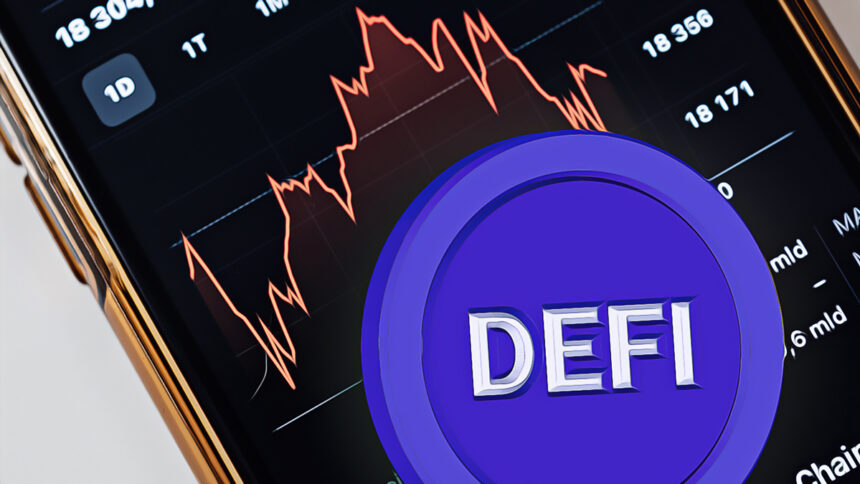Federal Reserve member Christopher Waller emphasized the potential of Decentralized Finance (DeFi) to complement and eventually replace traditional finance during his speech at the Vienna Macroeconomic Event. Waller noted that DeFi technologies can enhance efficiency in financial transactions by enabling individuals to trade assets directly without intermediaries.
DeFi and Financial Markets
Waller mentioned that integrating DeFi with traditional finance could lead to significant changes in financial markets. He highlighted how innovations like smart contracts and distributed ledger technology (DLT) can automate complex transactions and reduce settlement risks, thus making trading more efficient.
He explained that DeFi could work alongside centralized finance through technologies such as DLT, tokenization, and smart contracts. Waller stated that these technologies have the potential to streamline operations by consolidating many components into a single process, thereby improving the efficiency of traditional financial systems.
Future Perspectives
Waller pointed out that the adoption process of DeFi is still in its early stages, expressing his belief that these technologies will exceed their current capabilities in various financial activities in the future. However, he also acknowledged the existing concerns regarding security, trust, and regulatory burdens associated with DeFi.
He specifically noted the significant role of stablecoins in DeFi. Using examples like Ripple  $2’s RLUSD, pegged to the US dollar, Waller illustrated how DeFi is being utilized in cross-border payments. He also referenced past liquidity crises involving synthetic dollars, warning about the potential risks in this space, highlighting events like the UST collapse as notable failures.
$2’s RLUSD, pegged to the US dollar, Waller illustrated how DeFi is being utilized in cross-border payments. He also referenced past liquidity crises involving synthetic dollars, warning about the potential risks in this space, highlighting events like the UST collapse as notable failures.
In conclusion, Waller stressed that while DeFi technologies offer substantial efficiency gains in financial transactions, it is crucial to address security and regulatory frameworks during this process.

 Türkçe
Türkçe Español
Español








